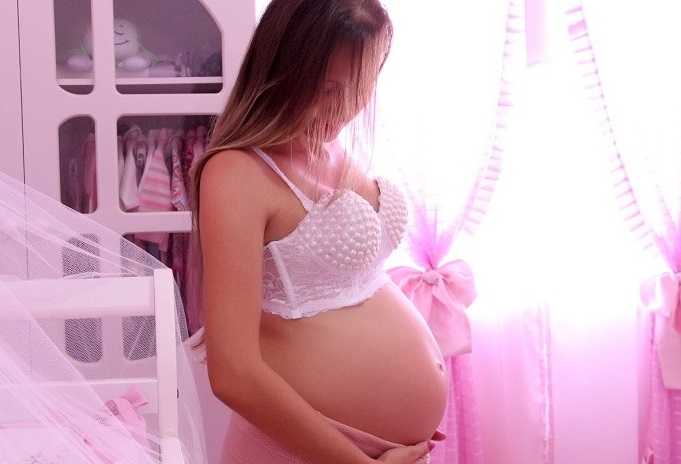Pregnancy increases severe COVID risk: THL
Published : 21 Jan 2022, 23:35
The Finnish Institute for Welfare and Health (THL) has added pregnancy to the list of conditions or illnesses that add to the risk of severe COVID-19 disease, said the THL in a press release on Friday.
A list of at-risk groups has been produced in consultation with the National Advisory Committee on Vaccines (KRAR). The list is based on a medical evaluation of risk.
All who are pregnant are included in the at-risk group.
Information on the effects that COVID-19 and the vaccines might have on those who are pregnant, the foetus, and a newborn baby has increased significantly. In addition, the spread of the Omicron variant and the deterioration of the epidemic situation underscore the importance of COVID-19 vaccinations also for those who are pregnant.
Pregnancy raises a woman's risk of severe COVID-19 infection and increases the need for hospitalisation and intensive care treatment. COVID-19 infection has also been found to increase the risk of preeclampsia.
“If a pregnant woman is infected by COVID-19 disease, the likelihood of premature birth increases. COVID-19 disease also increases the risk of thrombosis, which is already greater for those who are pregnant than for those who are not”, said THL Chief Physician Hanna Nohynek.
The foetuses of women infected by COVID-19 are at a slightly higher risk of stillbirth. A COVID-19 infection during pregnancy has been seen to increase the risk that a newborn child would need to be hospitalised or put in intensive care.
“Children born within a month of the mother's infection with COVID-19 have an elevated mortality rate during the first week of life compared with the children of mothers who have been vaccinated”, said Nohynek.
THL recommends coronavirus vaccinations for all who are pregnant. A person who is pregnant can take a coronavirus vaccine at any stage of the pregnancy. The first, second, or third vaccination dose can be taken normally during pregnancy. There is also no need to postpone attempts to conceive, or to delay fertility treatments because of a coronavirus vaccine.
Research data on the safety of vaccinating those who are pregnant, and the effectiveness of coronavirus vaccinations is constantly increasing.
“Studies that have already been published on the widespread use of the vaccine by pregnant women in different countries give no indication of safety concerns affecting pregnant women or developing foetuses”, Nohynek added.


